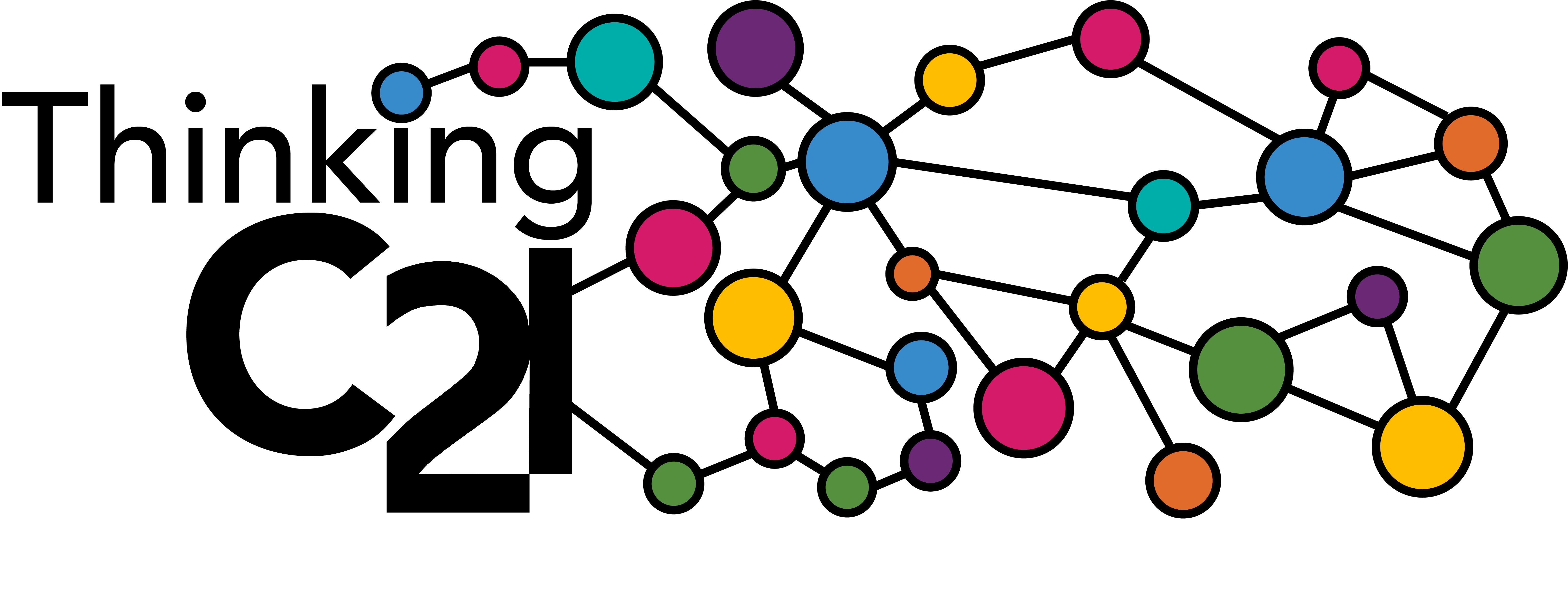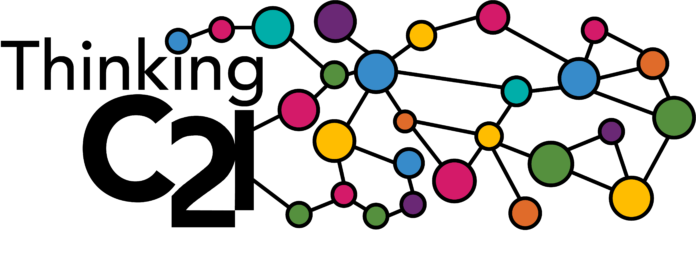Steve Chan1 and Charles Wong2
Introduction
Elections are not enough to guarantee democracy. Rather, authoritarian regimes may use voting to whitewash their manipulation of the polity. This paper analyses the sharp contrast in the two District Council elections of Hong Kong in 2019 and 2023. The rise of the Anti-Extradition Law Movement in 2019 and the making of the National Security Law by China in Hong Kong obviously affected the District Council elections in 2019 and 2023 respectively. The change of political trust between Hong Kong people and China is attributed to the extraordinarily high and low turnout rate in these two elections.
After the crackdown of the movement in 2019, Hongkongers’ diaspora was triggered, not limited to the former activists but also many well-educated, middle-class families. Those remaining Hongkongers chose to shift into a “goblin mode” (or widely known as “tangpingism” in China). It was a retreat for most Hongkongers who became distrusting of the government, including the HKSAR and the dictator in Beijing. Not only the failed promise of “One-country, Two -systems” and autonomous rule of the city-state but also the fading out of the British Common Law System and the arbitrary power of the newly established Public Security Bureau in Hong Kong. The “patriot-only” nomination procedure by three government-appointed committees left pro-democratic voters no choice. The distrust among pro-democratic voters found casting a vote meaningless with these shortlisted, patriot-only candidates, on election day. The turnout rate was 71.2% and 27.5% in 2019 and 2023 respectively, with a difference of 47.3%. It was estimated that 47.3% of voters are inclined to support the pro-democratic opposition. Their absence on election day contributed to the historically low turnout rate in post-NSL (National Security Law) Hong Kong.
A political trust is a commoner or voter, as a trustor expects the government, politician, or trustee to perform as predicted or follow an existing pattern of behaviors. The comparison studies of the two elections associate the transformative events (Hess & Martin, 2006; Shultziner, 2018) with the sharp rise and fall in political trust and explain the difference in voter turnout between 2019 and 2023. This short paper draws from Tung, Lin and Lin’s (2021) work on different groups’ perceived institutional trust after the enforcement of the National Security Law in Hong Kong, and the findings enrich the knowledge of political trust, transformative events, and its association with voter turnout rates.
The Failed Promise of “Two Systems”
Hong Kong is located in the southern part of China adjacent to the South China Sea. It was a British colony from 1841 to 1997, before China resumed its sovereignty under the “One Country, Two Systems” formula which promised a high degree of autonomy of the newly founded Hong Kong Special Administration of China (thereafter known as HKSAR), with its market economy and lifestyle unaltering after the handover.
However, China delayed the process of opening up for full universal suffrage and attempted to tighten social control of the city’s political activities (Tung, Lin & Lin, 2021). Fully elected District Councils and Urban & Regional Councils were suspended and replaced by China-appointed Temporary Councils in 1997. Before the watershed movement against the Extradition Law in 2019, several incidents occurred in the rise of local Hongkong identity, namely the campaign against the demolition of the Choi Yuen Village in 2009, secondary school student activists against the National Education in 2012, and the unprecedently occupied Central in 2014, and the transgressive Mongkok Fish Ball Unrest in 2016.
With the growing momentum of democratic movements in Hong Kong, China tried to tighten control over the right to stand for elections by disqualifying some of the activists’ nominations to District Councils and Legislative Councils in 2016. Most importantly, a controversial amendment law was proposed in 2019 allowing the extradition of fugitives from Hong Kong to China which led to a half-year long, protest cycle with people en masse taking to the streets.
Political Trust and Voter Turnout
Related early social movement literature associates political trust with democracies and is concerned with the negative impacts of distrust on the stability of society (Aberbach & Walker, 1970). It is because trust favors mutual communication among the people and maintains harmony between people and the government. It also facilitates the development of civil societies where commoners are more connected and able to cooperate to work on their common goals. Finally, conflicts arise as people distrust each other, which happens in polarized polities, or as those in power try to divide society.
Regarding the institutional trust of the National Security Law in Hong Kong, Tung, Lin and Lin (2021) distinguish the effects of the new law on different groups. The pro-Beijing group tends to increase their trust in the institution, and the effectiveness of the law in curbing contentious protests. On the contrary, the prodemocracy group or political opposition who are “self-perceived regime outcasts” felt more alienated and dropped their level of trust (Tung, Lin, & Lin, 2021). The findings echo Aberbach and Walker’s (1970) political efficacy thesis, in which citizens believe their votes can influence social and political change.
Turnout Rates in 2019 & 2023
This short article focuses on the incidents of change that happened prior to two district council elections to make sense of the voter turnout rate. District Councils are not local or municipal authorities as those of Western democracies which only carry consultative duties in Hong Kong. A limited budget is available to be allocated by the councils for environmental improvement, public works, and community activities. As such, previous elections usually drew low turnout, at 35-40%. It skyrocketed to 71.2% in 2019 despite the suppression of the Anti-ELAB Movement, and the turnout plummeted to the historical floor of 27.5% in 2023. (Figure 1)

Figure 1: Turnout Rates of District Council Elections, Hong Kong SAR, 1999-2023
Source: Plotted by the authors, based on the data from District Council Election Websites, Registration and Electoral Office, Hong Kong SAR
National People’s Congress bypassed Hong Kong by making a National Security Law for the original semi-autonomous city-state in mid-2020. Since then, the political mood there dropped below the freezing point. The conviction rate under the prosecution of the NSL is 100 percent (Human Rights Watch, 2023). Many District Councilors elected in 2019 resigned and fled Hong Kong; trade unions and CSOs dissolved on their own, and student unions were suspended by the universities’ administration.
The next election of the District Council was held in 2023, with “patriot-only” candidates eligible to stand for it. A restrictive screening process applied for only a nomination committee appointed by the government had the right to nominate (You & Kawase, 2023). Any action against or calling for a voting boycott was criminalized. Finally, the turnout plummeted to the historical floor of 27.5%. Meanwhile, internet memes juxtaposition of the voting station in 2019 and 2023 were spread all over social media, showing many voters lined up awaiting to vote in 2019 but very few turned out at the same voting station in 2023. (Figure 2)

Figure 2. A juxtaposition meme of selected voting stations in six constituencies in 2019 and 2023
Source: 四眼在英倫, Dec 10, 2023
Conclusion
This short paper examines the two District Council elections in 2019 and 2023 in Hong Kong and the precedent political incidents. The state suspended further democratization and tightened social control prior to the elections were transformative events (Hess & Martin, 2006; Shultziner, 2018) which strengthened and broke down political trust, from the efficacy perspective. The transformative events explain the sharp contrast in voter turnout rate in the two elections.
The authors’ argument is in line with social movement theory, in particular, political process theory that when the regime or society’s opportunity structure demonstrates a way out for political and policy changes, activists attempt to take action to ride on the opportunity. The campaign grows as the general public is willing to join for the liking to succeed (Kitschelt, 1986; Meyer, 2004). The theory conforms to the political efficacy understanding of political trust (Aberbach & Walker, 1970). The trust in taking part in the cycle of protests in 2019 also formed the motive to vote in the subsequent District Council election in the year, that their votes were efficient for political change.
The way that China cracked down on the democratic movement in Hong Kong, forcibly made the Public Security Law and barred the opposition from standing for the election, no doubt resulted in breaking the trust between the people and the state. Therefore, it can be expected that the turnout rate will remain low in future elections.
References
Aberbach, J.D. and Walker, J.L. (1970) Political Trust and Racial Ideology. The American Political Science Review, 64(4), 1199-1219. Doi: 10.2307/1958366
Hess, D.J. and Martin, B. (2006). Repression, Backfire, and the Theory of Transformative Events. Mobilization: An International Journal. 11(2): 249-267. Doi: 10.17813/maiq.11.2.3204855020732v63
Ho, K. (2023, April 14). Hong Kong security chief hails 100% conviction rate in national security cases. Hong Kong Free Press. Retrieved from https://hongkongfp.com/2023/04/14/hong-kong-security-chief-hails-100-conviction-rate-in-national-security-cases/
Human Rights Watch (2023, December 15). Hong Kong: Free Pro-Democracy Publisher Jimmy Lai. Human Rights Watch. Retrieved from https://www.hrw.org/news/2023/12/15/hong-kong-free-pro-democracy-publisher-jimmy-lai
Kitschelt, H.P. (1986). Political Opportunity Structures and Political Protest: Anti-Nuclear Movements in Four Democracies. British Journal of Political Science, 16 (1): 57-85.
Meyer, D.S. (2004). Protest and Political Opportunities. Annual Review of Sociology, 30: 125-145. Doi:10.1146/annurev.soc.30.012703.110545
Shultziner, D. (2018). Transformative Events, Repression, and Regime Change: Theoretical and Psychological Aspects. In The Paradox of Repression and Nonviolent Movements, ed. Lester R. Kurtz and Lee A. Smithey, 52-70. Syracuse, N.Y.: Syracuse University Press.
Shum, M. (2021). When voting turnout becomes contentious repertoire: how anti-ELAB protest overtook the District Council election in Hong Kong 2019. Japanese Journal of Political Science, 2021: 1–20. Doi:10.1017/S1468109921000190
Tung, H.H., Lin, M.J. and Lin, Y.F. (2021). Anti-ELAB Movement, National Security Law, and heterogeneous institutional trust in Hong Kong. Japanese Journal of Political Science, 22(4): 287-311. Doi:10.1017/S1468109921000293
You, P. and Kawase, K. (2023, December 11,). Hong Kongers shun ‘patriots only’ polls as turnout plummets to 27.5%. Nikkei Asia. https://asia.nikkei.com/Spotlight/Hong-Kong-security-law/Hong-Kongers-shun-patriots-only-polls-as-turnout-plummets-to-27.5


